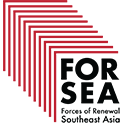Category: NEWS
The latest news and reports on Southeast Asia, from FORSEA Board Members and special guest writers.

FORSEA Condemns the Forced Disappearance of Ahmed Samir Abdelhay Ali
Ahmed has been involved in several projects with human rights organizations and NGOs in Egypt as a vocal human rights defender. Ahmed's case is the latest in a series of cases of students being harassed and forcefully detained by Egyptian authorities.

Militaries of Thailand & Myanmar: A Tale of Two Perennial Coup-Makers
Myanmar has just made headlines with its coup. Thailand and Myanmar are no strangers to coups. For almost a century, Thailand has been locked in a vicious cycle of military coups. Its counterpart in Myanmar, the Tatmadaw, has also been playing king and kingmaker alternately since the late 1950’s.
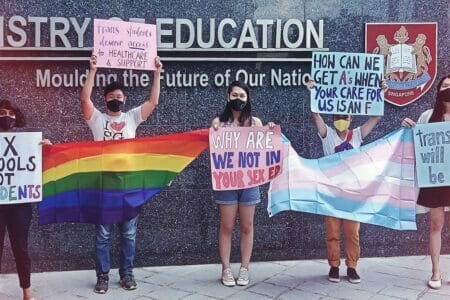
FORSEA Statement on Singapore’s Arrest of Peaceful LGBT Student Protestors
FORSEA, a Southeast Asia-wide network of democrats, scholars and rights activists, are deeply troubled by the news of Singapore arresting a small but unprecedented group of students who staged a LGBT-rights protest outside the Ministry of Education. We call on the authorities to release and drop all charges against these student activists, whose “crime” was a peaceful demand to repeal transphobic discriminatory policies and practices in Singapore’s schools.

Sovicheth Meta, our new board member: Her take on Genocide Education and Empathy
As one of the generation born 20 years after the genocidal regime in my country, I am optimistic that peace, justice, and harmony will prevail when we stand in solidarity to speak out and stand up against all forms of hatred, discrimination, racism, and social injustice.

Universities, Academic Censorship & Intellectual Un-Freedoms: How ASEAN States Make Their Peoples Unable to Think
This FORSEA Dialogue will explore the multiple ways in which ASEAN states execute the suppression of intellectual freedom, particularly within their state-run university systems, FORSEA’s in-depth dialogue series is bringing together a group of scholars who specialize in Southeast Asian affairs.
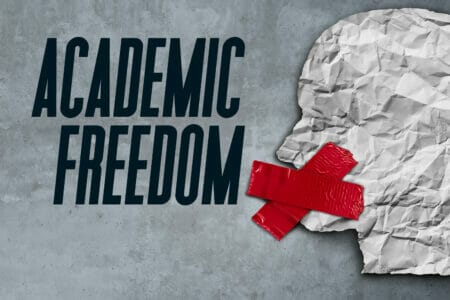
Condemning NUS Press for Obstructing Academic Freedom
FORSEA condemns NUS Press’ blatant censorship of a book critical of the Thai monarchy, and urges all members of the academic community who are involved with NUS Press to uphold the principle of academic freedom by refraining from lending their legitimacy and credibility to NUS Press as an act of scholarly solidarity.
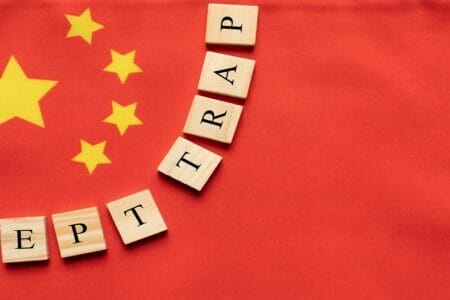
China’s Debt Trap Diplomacy: Is ASEAN a Victim?
Is the China debt-trap diplomacy real in the form of a calculated move by China to seize strategic assets to further its geopolitical ambitions as an emerging superpower? Or is a misuse of language to describe a common phenomenon depicting the need and greed of financially incompetent borrowers?
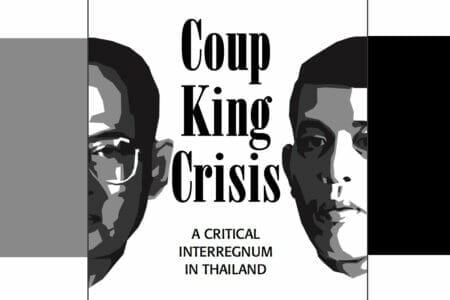
Now Published: Coup, King, Crisis: A Critical Interregnum in Thailand
The prospects of the inevitable end of the Bhumibol era loomed large over 21st century Thailand. Events have now taken their course and King Maha Vajiralongkorn has been crowned. The new King is beginning to make his presence felt, but in important ways, Thailand is still in an interregnum: a time when the old order is dying but a new one struggles to be born.
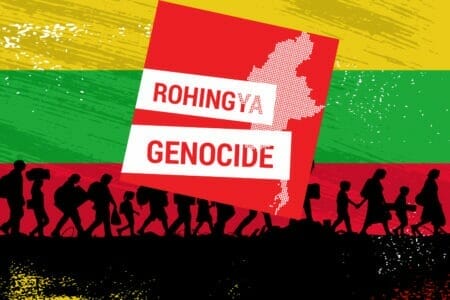
FORSEA-FRC Joint Legal Roundtable: What can Rohingya Survivors Expect from ICJ & ICC?
To discuss the harsh realities confronting Rohingya people in Myanmar and refugee camps in Bangladesh, FORSEA-FRC Legal Roundtable brings together a group of leading experts on Rohingya genocide with a wealth of first-hand professional experience in various UN accountability mechanisms including the ICJ, ICC and International Criminal Tribunal for former Yugoslavia.
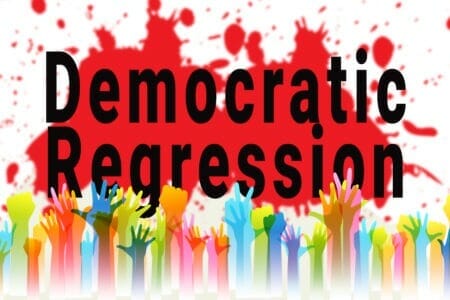
Indonesia’s Democratic Regression & West Papuan Resistance
While the human rights situation in Indonesia at large – and particularly in West Papua – has worsened, there is increased state repression towards civil society actors and journalists. Furthermore, strong identity politics, cultural intolerance, and religious fundamentalism have risen, resulting in discrimination and violence against vulnerable social groups including women.
